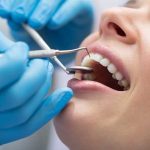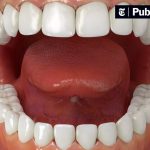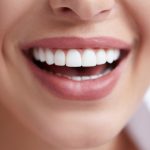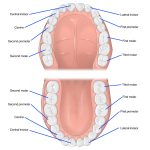When Do Puppies Lose Their Teeth? A Guide to Your Furry Friend’s Dental Development
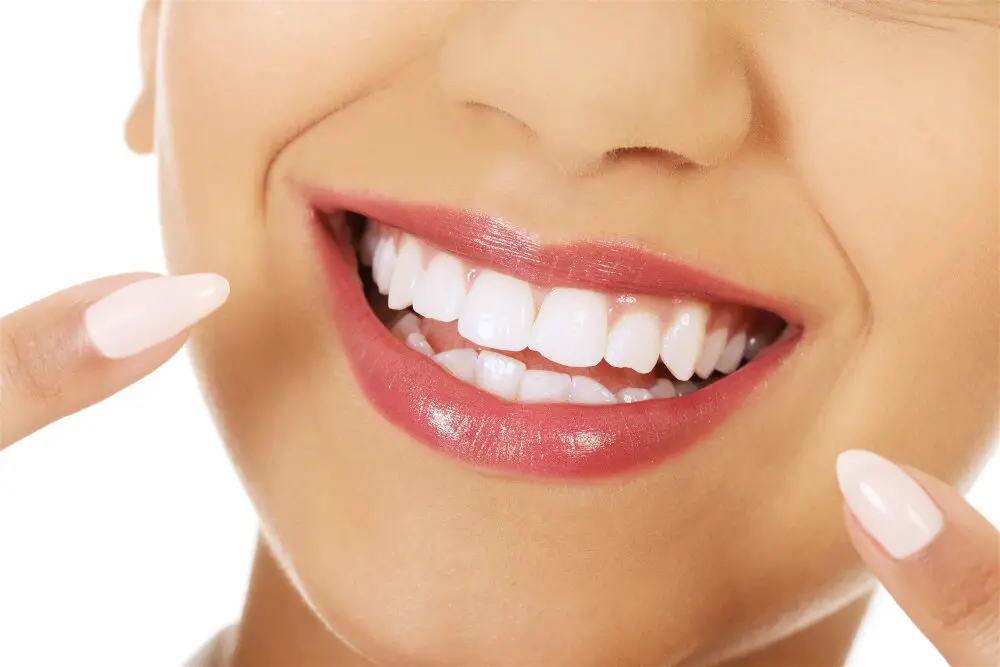
Puppies are adorable creatures that bring joy and companionship to our lives. As a responsible pet owner, it is essential to understand your furry friend’s dental development to ensure their overall health and well-being. One crucial aspect of this development is knowing when puppies lose their teeth. Just like human babies, puppies go through a teething process that can be both exciting and challenging for pet parents. In this guide, we will explore the timeline of puppy teeth loss and provide tips on how to help your furry friend through this process. A puppy’s dental development is a vital part of their overall growth process. It is essential to pay attention to their teeth to prevent any potential dental issues that may arise later in life. Puppies are born without teeth and begin teething at around three weeks old. Their teeth start to emerge, and by the time they are six to eight weeks old, they will have a full set of baby teeth. Between four and six months old, puppies will lose their baby teeth and start to grow their permanent adult teeth. Understanding this process and knowing when to expect changes in your puppy’s teeth is crucial to ensure their health, comfort, and happiness.
Dental care for puppies is crucial for their overall health and well-being. Just like in humans, dental problems in puppies can lead to several health issues such as bad breath, tooth loss, and gum disease. Puppies start developing their teeth at a very young age, and it is essential to start their dental care routine early on to prevent any future dental problems. Regular teeth cleaning, proper diet, and chew toys can help maintain healthy teeth and gums in puppies. Neglecting dental care can lead to painful infections and even affect their ability to eat and play. Therefore, it is crucial to prioritize dental care for puppies to ensure a happy and healthy life.
Dental development in puppies occurs in several stages, beginning around three weeks of age. During the initial stage, puppies will develop their deciduous teeth, also known as milk teeth. These teeth will fall out between the ages of three and seven months, making way for the adult teeth. As the adult teeth grow in, the roots of the baby teeth will dissolve, causing them to loosen and eventually fall out. The adult teeth will continue to develop until the puppy is around eight months old, at which point their dental growth is complete. It is important to monitor your puppy’s dental development and schedule regular dental check-ups with a veterinarian to ensure their teeth are healthy and growing properly.
Deciduous Teeth
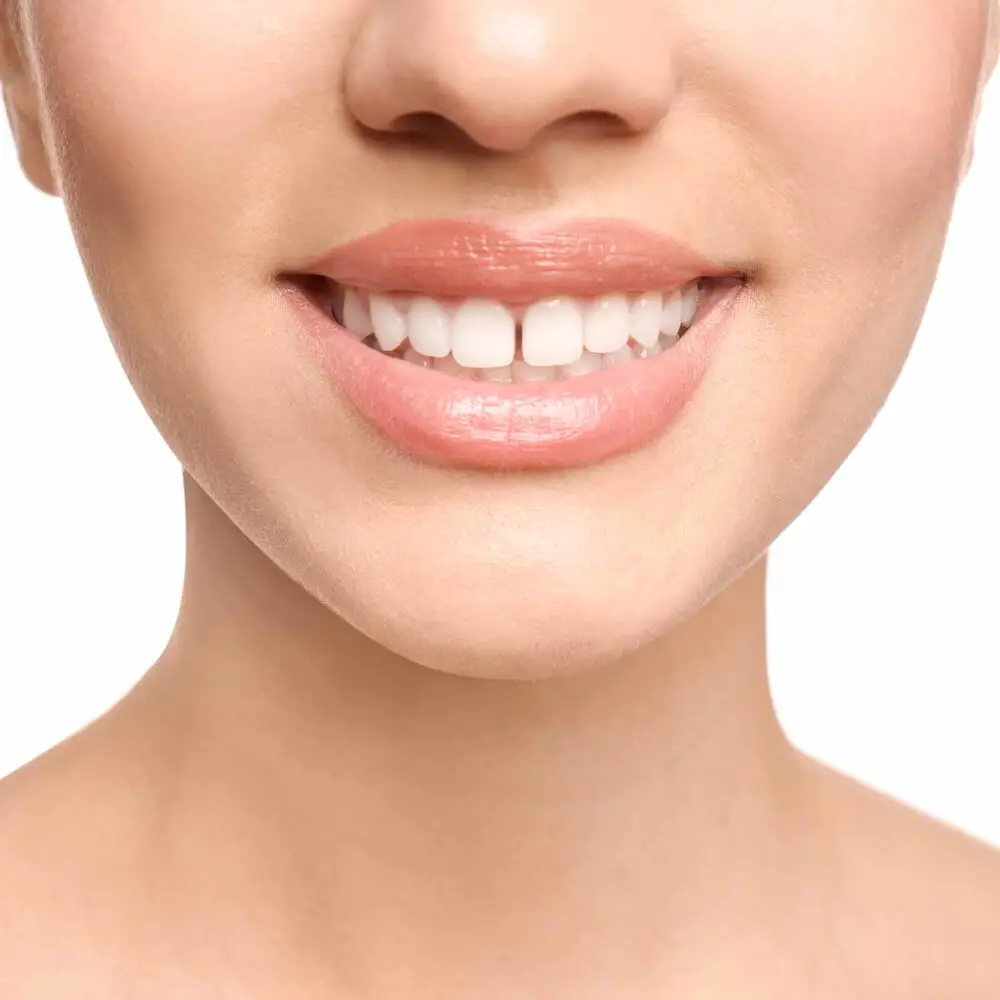
Deciduous teeth, also known as baby teeth or milk teeth, are the first set of teeth that puppies develop. These teeth are temporary and will eventually be replaced by the permanent teeth. Puppies are born without teeth, and their deciduous teeth start to emerge at around two to four weeks of age. The first teeth to emerge are typically the incisors, followed by the canine teeth, and then the premolars. By eight weeks of age, most puppies will have all 28 of their deciduous teeth, which they will keep until they are around four to six months old. The purpose of deciduous teeth is to help puppies learn how to eat solid food and to facilitate proper jaw and tooth development. As puppies grow and mature, their jaws and teeth also develop, leading to the eventual shedding of their deciduous teeth. The process of shedding deciduous teeth begins when the permanent teeth start to emerge, pushing against the roots of the baby teeth and causing them to loosen and fall out. While the process of losing baby teeth can be uncomfortable for puppies, it is a normal part of their dental development and should not cause any significant pain or discomfort.
Deciduous teeth, also known as baby teeth or milk teeth, are the first set of teeth that puppies develop. They typically start to appear when puppies are around 3 to 4 weeks old and will have a total of 28 teeth. These teeth are not permanent and will eventually fall out to make way for their adult teeth. The process of losing their baby teeth usually starts when puppies are around 3 to 4 months old and can last until they are 6 to 8 months old. It is important to monitor your puppy’s dental development during this time and provide them with appropriate chew toys to help alleviate any discomfort they may experience.
Deciduous teeth, commonly known as baby teeth or milk teeth, play a crucial role in your furry friend’s dental development. These teeth emerge during the puppy’s first few weeks of life and begin to fall out at around four months of age, making way for their permanent teeth. Deciduous teeth are smaller and weaker than adult teeth and are designed to help your puppy learn how to chew and bite effectively. Unlike adult teeth, they are not meant to last forever and eventually fall out to make room for the stronger, bigger teeth that will serve your puppy for the rest of their life. Proper dental care, including regular brushing, can help ensure your puppy’s baby teeth stay healthy and intact until they are ready to be replaced by their adult teeth.
Monitoring your puppy’s deciduous teeth is crucial as it can have a significant impact on their overall dental health. Puppies start losing their baby teeth at around three to four months of age, and their permanent teeth start to emerge. If your puppy’s deciduous teeth do not fall out on their own, it can cause overcrowding, misalignment, and even infection. Additionally, monitoring your puppy’s deciduous teeth can help you detect any abnormalities or issues early on, allowing you to take preventive measures and seek veterinary care if necessary. Proper dental hygiene is essential for your puppy’s overall health and well-being, so monitoring their teeth and keeping them clean is vital.
Adult Teeth

As puppies grow, their baby teeth will eventually fall out and be replaced by adult teeth. This process typically begins around 3-4 months of age and can continue until they are 7-8 months old. Adult teeth are much larger and stronger than baby teeth and are designed to last throughout the dog’s lifetime. They also have a more complex structure, with multiple roots that anchor them securely in the jawbone. It is important to take care of your dog’s adult teeth by providing them with regular dental care, such as brushing their teeth and providing them with chew toys that help to clean their teeth. Neglecting your dog’s dental health can lead to a variety of health problems, including gum disease, tooth decay, and even tooth loss. Regular dental check-ups with a veterinarian can also help to ensure that your dog’s teeth are healthy and in good condition. By taking care of your dog’s teeth, you can help to ensure that they remain healthy and happy for years to come.
As puppies grow, their cute little puppy teeth start to fall out, making way for their adult teeth. This process, known as teething, usually starts when a puppy is around three to four months old. The incisor teeth are the first to come in, followed by the canine teeth and premolars. By the time a puppy is six to eight months old, all of their adult teeth should have erupted. During this time, puppies may experience some discomfort and may be more likely to chew on things to alleviate the discomfort. It’s important to provide them with appropriate chew toys and to monitor their chewing behavior to prevent any damage to their teeth or gums.
When it comes to teeth, there are two types that dogs have: deciduous and adult teeth. Deciduous teeth, also known as milk teeth or baby teeth, are the first set of teeth that puppies develop and eventually lose. These teeth are smaller and fewer in number than adult teeth, with puppies typically having 28 deciduous teeth compared to the 42 adult teeth they will have later on. Deciduous teeth are also less sturdy than adult teeth, making them more prone to damage and decay. In contrast, adult teeth are larger, stronger, and more numerous, with dogs having a total of 42 teeth once they’re fully grown. These teeth are designed to last a lifetime, so it’s important to take good care of them through regular dental care and a healthy diet.
Monitoring your puppy’s adult teeth is crucial for their long-term dental health. As puppies grow, they lose their baby teeth and develop a full set of adult teeth. However, this process can sometimes be problematic, as adult teeth may grow in crooked or crowded, leading to potential dental issues such as infections, gum disease, and decay. By keeping an eye on your puppy’s adult teeth, you can catch any potential problems early on and seek treatment before they worsen. Additionally, regular monitoring can help you spot any signs of dental disease, allowing you to take preventative measures and keep your furry friend’s teeth healthy and strong for years to come.
Losing Teeth
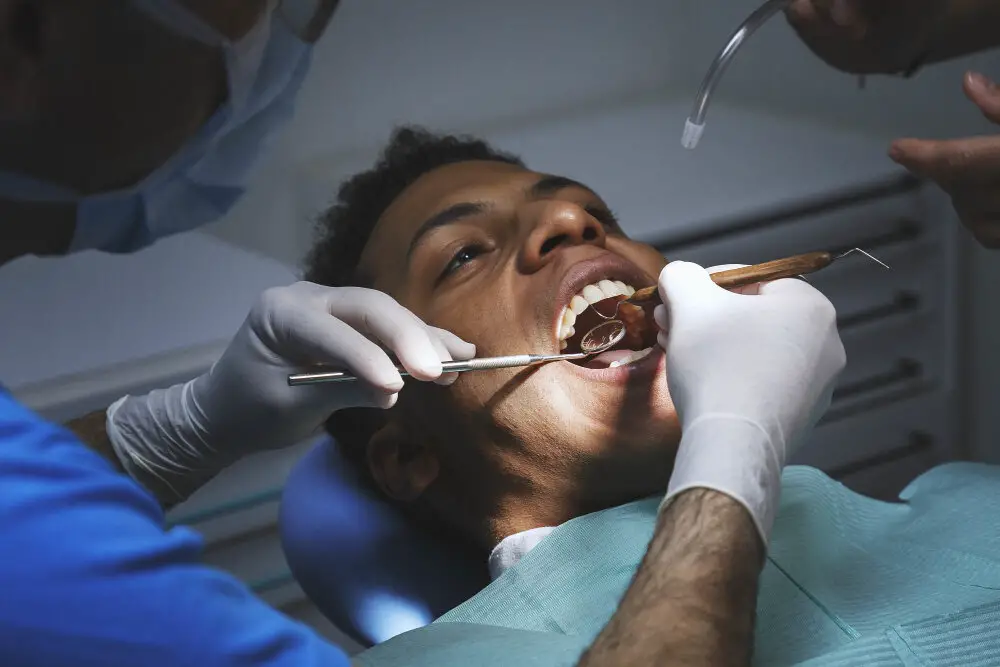
Losing teeth is a natural part of a puppy’s dental development. Just like humans, puppies will start shedding their baby teeth to make room for their adult teeth. This process typically begins at around three to four months of age and can continue until the puppy is around six months old. During this time, you may notice your furry friend chewing on toys or other objects more than usual. This is because their gums may be sore as their adult teeth begin to push through. It’s important to provide your puppy with appropriate chew toys during this time to help alleviate any discomfort and prevent them from chewing on things they shouldn’t. It’s important to note that not all puppies will lose their teeth at the same rate. Some may lose their teeth quickly, while others may take a bit longer. It’s also common for puppies to lose teeth out of order. This is nothing to worry about, as long as the puppy is otherwise healthy and not experiencing any pain or discomfort. Once all of the baby teeth have fallen out, your puppy’s adult teeth will continue to grow in over the following months. During this time, it’s important to continue providing your furry friend with proper dental care, such as regular teeth cleaning and dental check-ups with your veterinarian. By doing so, you can help ensure your puppy has a healthy and happy smile for years to come.
Puppies, like human babies, go through a teething process where their deciduous or baby teeth fall out and are replaced by their permanent ones. This process typically starts around three to four months of age when the incisors in the front of their mouth begin to loosen and fall out. As the puppy continues to grow, the rest of their baby teeth will gradually fall out, making way for their adult teeth to come in. By the time a puppy is six months old, they should have all of their permanent teeth in place. During this time, it’s important to provide your furry friend with plenty of chew toys and treats to help soothe their sore gums and encourage healthy dental habits.
When puppies are born, they have no teeth. It takes a few weeks for their deciduous teeth, also known as milk teeth, to emerge. Puppies typically start losing their deciduous teeth at around 4 months of age, and by 6 months, all 28 should have fallen out and been replaced by adult teeth. The process of losing deciduous teeth is gradual and painless, as the roots are reabsorbed by the body to make way for the adult teeth. In contrast, losing adult teeth can be a painful and traumatic experience, as it usually occurs due to injury, decay or disease. Adult teeth also take much longer to replace, and in some cases, may not be replaced at all. It’s important to take good care of both deciduous and adult teeth to ensure a lifetime of healthy teeth and gums.
Losing teeth is a natural part of a puppy’s dental development. Typically, puppies start losing their baby teeth around 3-4 months of age, and the process can continue until they are 6-7 months old. During this time, you may notice your furry friend chewing more than usual or pawing at their mouth. You may also find small teeth around your house or notice that your puppy’s breath has a different smell. It’s important to provide your puppy with plenty of appropriate chew toys to help soothe their gums and encourage healthy dental habits. If you have any concerns about your puppy’s dental development or notice any signs of discomfort, be sure to consult with your veterinarian for guidance.
Dental Care for Puppies
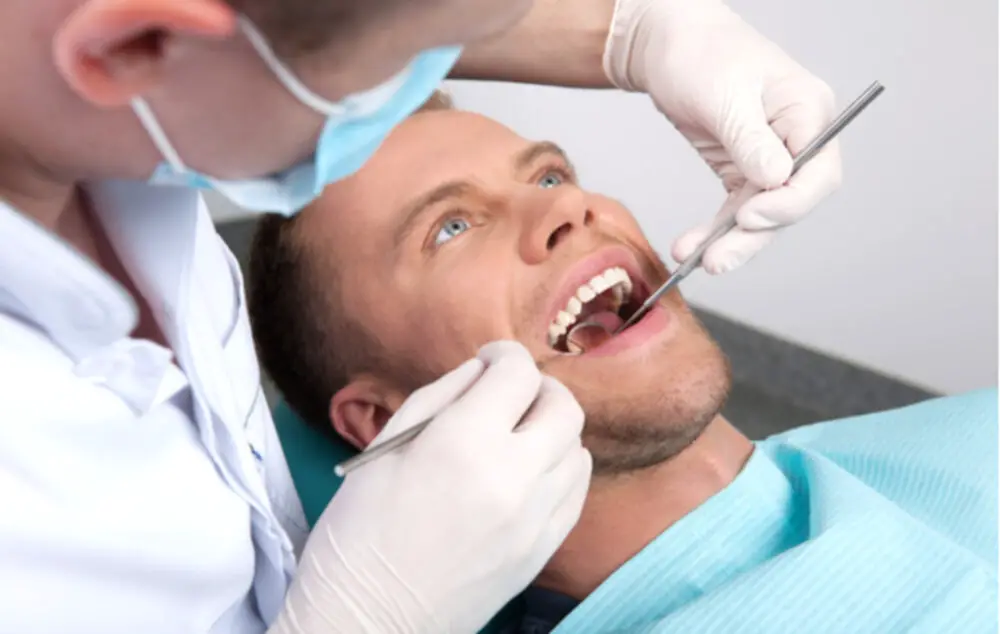
Dental care for puppies is essential to maintain their oral hygiene. Puppies typically start teething at around 3 to 4 weeks old and will continue until they are around 6 to 8 months old. During this time, puppies may experience discomfort and chew on anything they can find to relieve it. It is important to provide them with appropriate chew toys to prevent them from chewing on harmful objects and to help massage their gums. Additionally, a regular dental hygiene routine should be established early on, such as brushing their teeth with a soft-bristled toothbrush and using toothpaste specially formulated for dogs. Neglecting dental care for puppies can lead to various dental problems, such as tooth decay, gum disease, and bad breath. These issues can cause pain, discomfort, and even lead to tooth loss. Regular dental check-ups are also important to monitor any potential issues and catch them early on before they develop into more severe problems. Ensuring your puppy receives proper dental care from a young age can help promote good oral health throughout their life and prevent the need for costly dental procedures in the future.
Dental care is crucial for puppies as it sets the foundation for their lifelong oral health. Puppies start teething at around three to four weeks old, which can cause discomfort and lead to destructive chewing behavior. Regular dental check-ups, brushing, and providing appropriate chew toys are necessary to prevent dental problems such as cavities, gum disease, and tooth loss. Neglecting dental care can also lead to more serious health issues such as infections and heart disease. By establishing good dental habits early on, puppies can maintain healthy teeth and gums, which not only improves their overall health but also enhances their quality of life.
Taking care of your puppy’s teeth is crucial for their overall health and well-being. Brushing your puppy’s teeth regularly is one of the best ways to maintain good oral hygiene. You can use a soft-bristled toothbrush and toothpaste specifically designed for dogs. Dental chews can also be a great addition to your puppy’s dental care routine. These chews help to remove plaque and tartar buildup and can keep your puppy’s teeth and gums healthy. Additionally, providing your puppy with a balanced diet that contains essential nutrients and minerals can also contribute to their dental health. By making dental care a priority for your furry friend, you can ensure that they have a healthy and happy smile for years to come.
Regular dental checkups for puppies are essential to ensure their oral health. It is recommended that puppies should have their first dental checkup between 6-12 months of age. During this visit, the vet will examine their teeth, gums, and mouth to identify any potential issues such as gum disease, tooth decay, or misalignment. Additionally, the vet may recommend a dental cleaning procedure to remove any tartar or plaque buildup. It’s important to establish a dental care routine with your puppy from an early age to prevent any long-term dental problems. By taking your furry friend to the vet for regular checkups, you can maintain their oral hygiene and ensure their overall well-being.
The dental development of puppies occurs in different stages, starting with the appearance of deciduous teeth at around two to four weeks old. These baby teeth, also known as milk teeth, are essential for the puppy’s ability to eat and play. At around three to four months old, the deciduous teeth start to fall out, and the permanent teeth begin to emerge. These permanent teeth replace the baby teeth and continue to grow until the puppy is seven to eight months old. During this time, it’s crucial to ensure that the puppy gets proper dental care, such as regular brushing and checkups, to prevent any dental problems from developing. By understanding the stages of dental development in puppies, pet owners can ensure that their furry friends have healthy teeth and a bright smile.
Dental care for puppies is essential for their overall health and well-being. Puppies start teething at around three to four weeks of age, and their baby teeth will start falling out at around three to four months old. During this time, it is important to provide your furry friend with appropriate chew toys and bones to help relieve the discomfort of sore gums and promote healthy tooth and jaw development. Neglecting dental care during this crucial period can result in dental problems later in life, such as gum disease, tooth decay, and even tooth loss. Therefore, it is essential to establish good dental hygiene habits early on by brushing your puppy’s teeth regularly and taking them for regular check-ups with a veterinarian. By doing so, you can ensure that your furry friend’s teeth stay strong and healthy, allowing them to enjoy a happy and pain-free life.
As a final thought and piece of advice for puppy owners, it is important to prioritize your furry friend’s dental health from a young age. This means providing them with appropriate chew toys and dental treats, as well as brushing their teeth regularly. Additionally, keeping up with regular veterinarian check-ups can help identify any potential dental issues early on. Remember, dental hygiene plays a crucial role in your puppy’s overall health and well-being, so don’t neglect it! With proper care, your furry friend can maintain a healthy and happy smile for years to come.
Conclusion
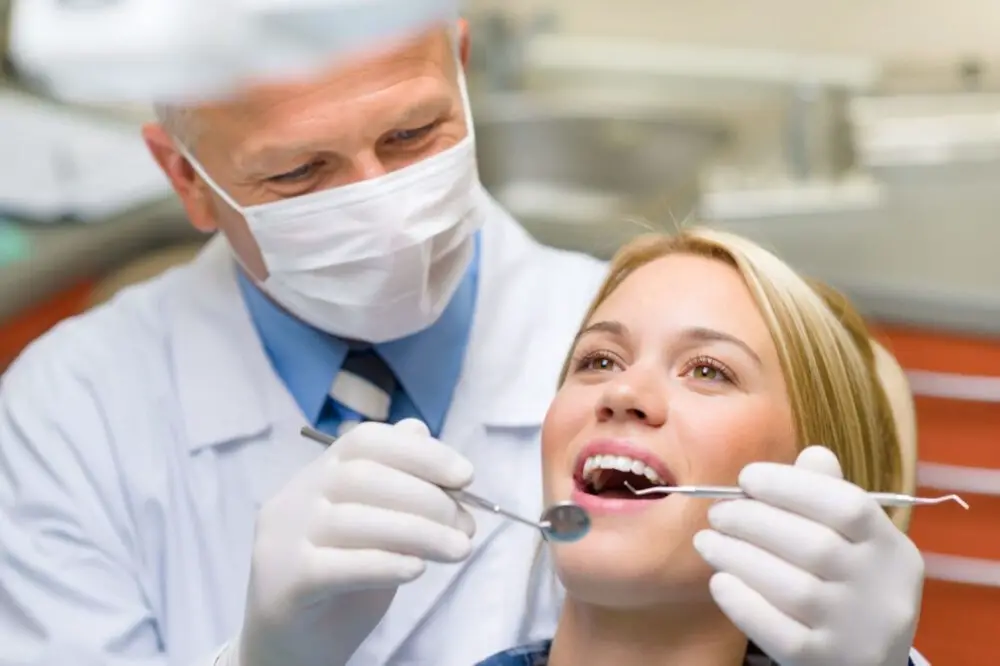
In conclusion, understanding when puppies lose their teeth is crucial for their overall dental health and well-being. As pet owners, it’s our responsibility to monitor their dental development and ensure they receive proper care during this stage. By providing them with appropriate chew toys, regular dental check-ups, and a nutritious diet, we can help our furry friends maintain healthy and strong teeth throughout their lives. Remember, a healthy smile equals a happy pup!
